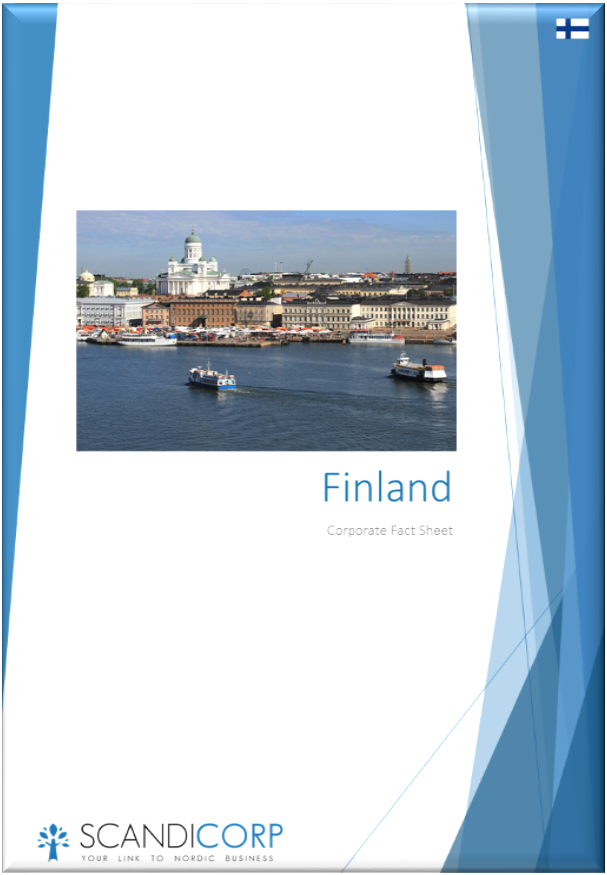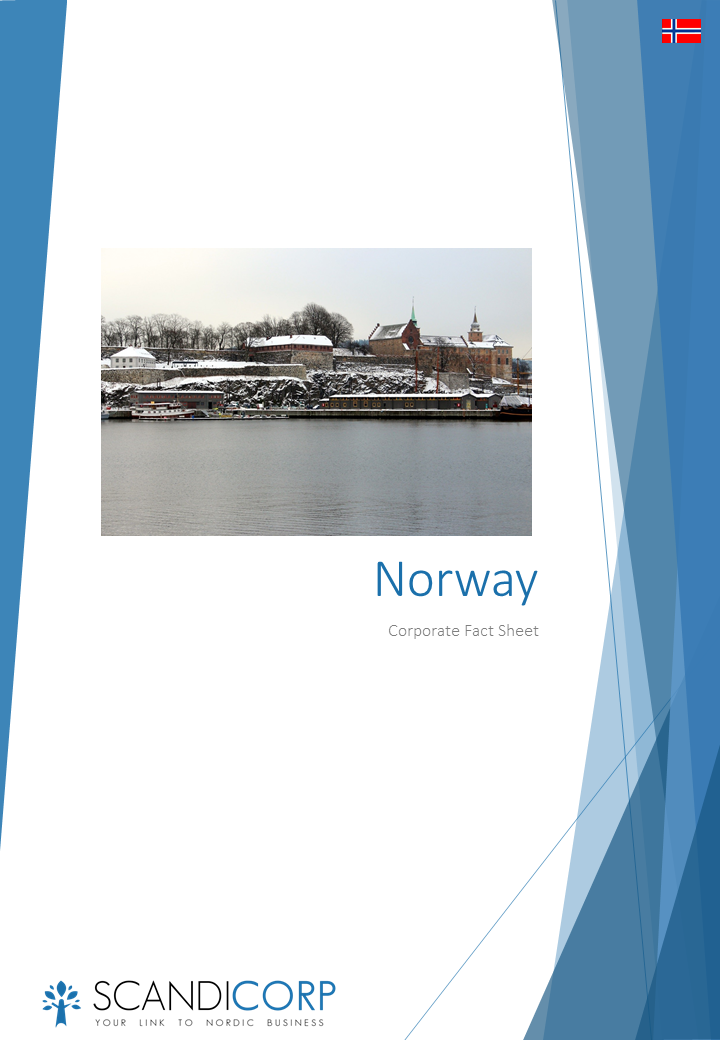Innovation & Technology
Finland leads in ICT, clean tech, life sciences, and digitalization.
Political & Legal Stability
A reliable, transparent regulatory environment.
Skilled Workforce
Highly educated, English-fluent, and tech-savvy talent pool.
Strategic Location
EU membership, proximity to Nordic, Baltic, and Russian markets.
Excellent Infrastructure
World-class logistics, digital networks, and quality of life attract and retain talent.







